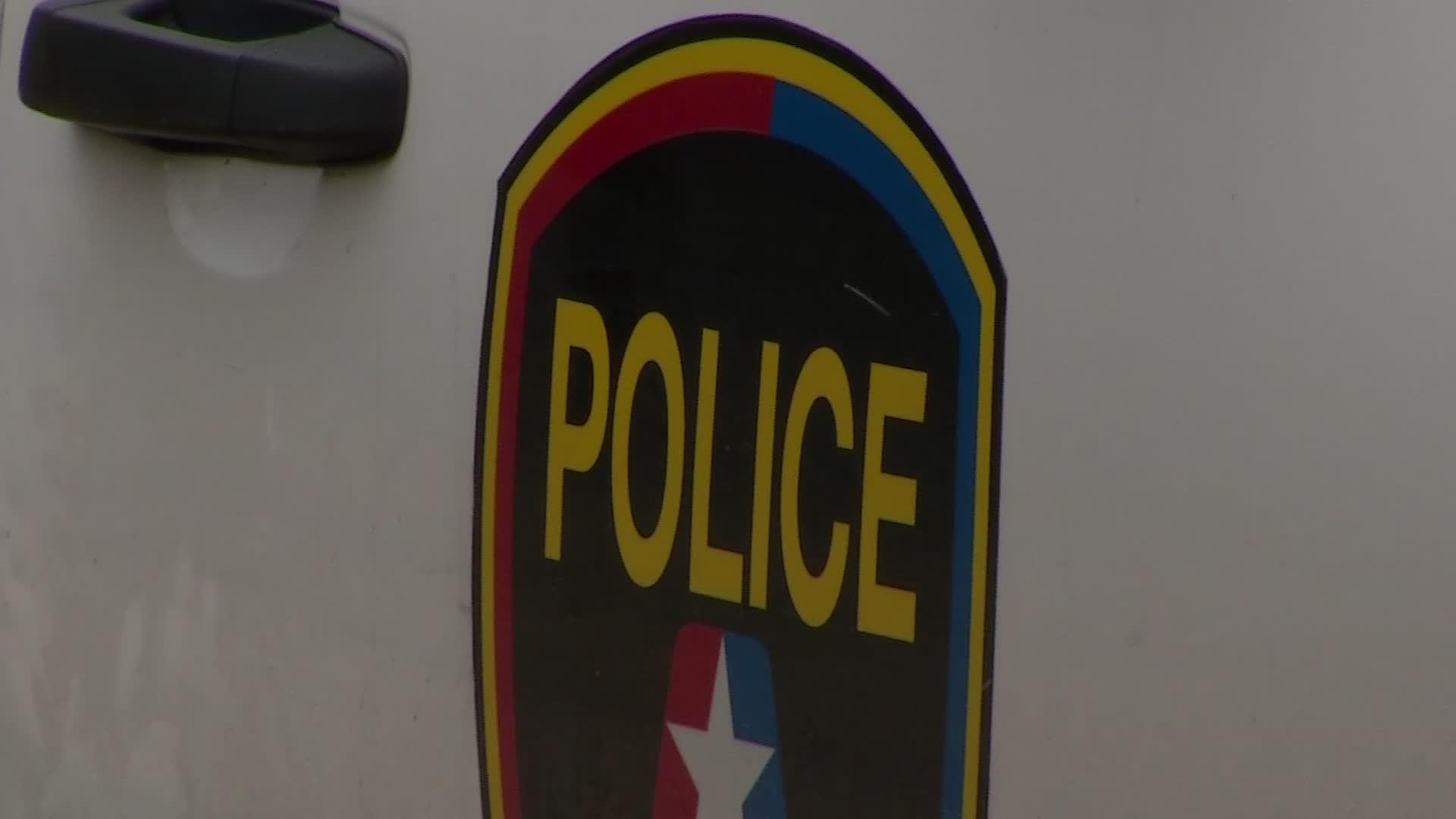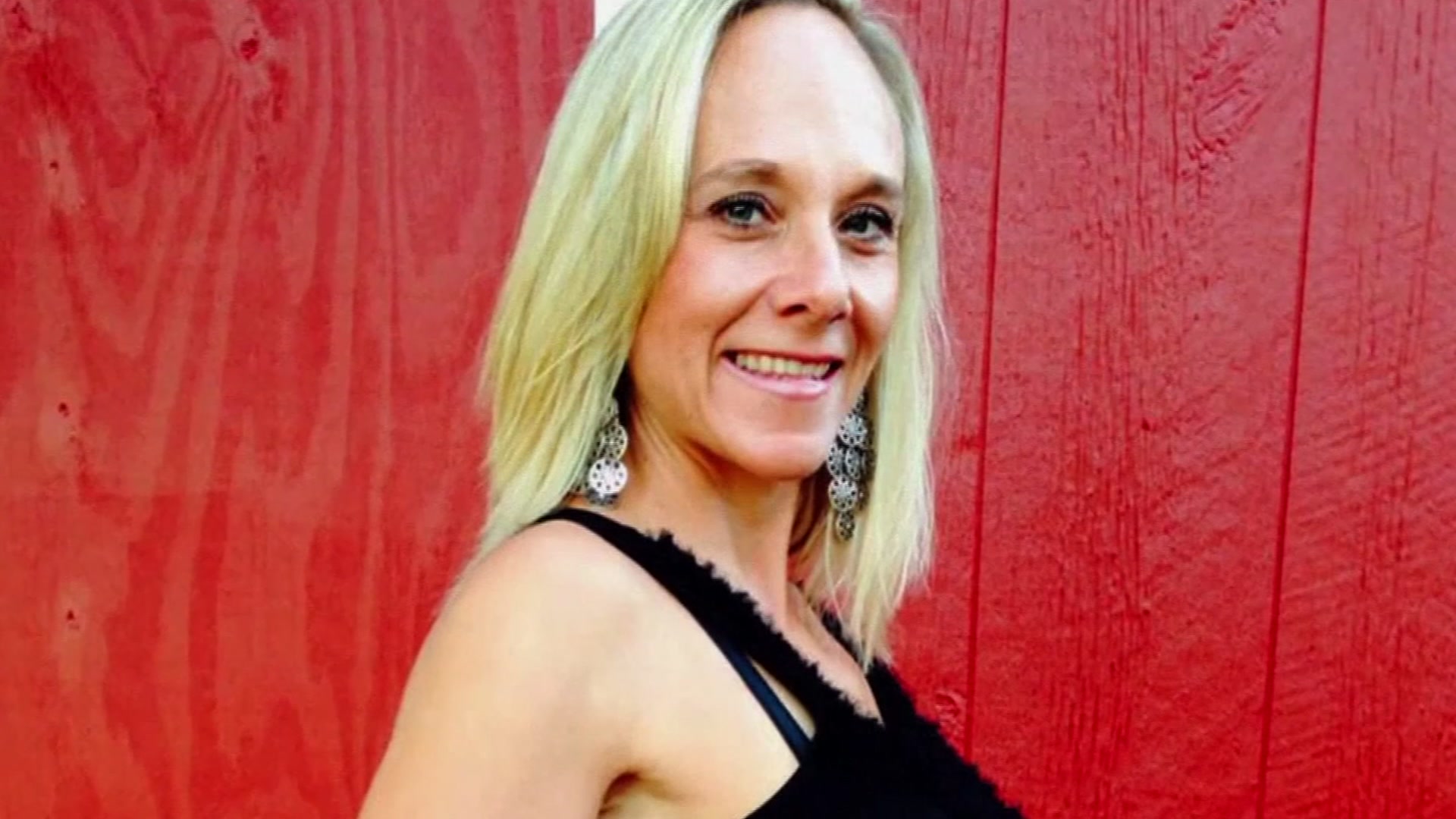Dallas County officials undertook a herculean effort last fall to quarantine some 179 people possibly exposed to Ebola, according to a federal report released this week.
The contact tracing that ensued after Liberian visitor Thomas Eric Duncan was diagnosed with the disease could prove useful for other sites where there are cases of Ebola from "lessons learned" in Dallas, according to the report, written by Ebola response teams from the Centers for Disease Control and Prevention and the Dallas County health department.
Under monitoring were 149 health care workers who had contact with the three Ebola patients, 20 people who had "community contact" with Duncan and 10 others who were exposed to the ambulance that had delivered Duncan to the hospital, deemed inadequately cleaned, The Dallas Morning News reported Friday.
Duncan was diagnosed with Ebola less than two weeks after flying into Dallas from Monrovia, the Liberian capital, to visit his girlfriend, Louise Troh, and relatives. He was hospitalized and died Oct. 8.
Two nurses who treated Duncan contracted Ebola and were hospitalized, but survived.
The 21-day quarantine was particularly hard on the seven families that comprised the community contacts, the newspaper reported.
Six of them needed financial support to pay their rent and utilities. Others needed food, diapers and prescriptions refills, the report said.
Local
The latest news from around North Texas.
The contact-tracing team worked with school districts to provide the eight school-age children who were isolated with textbooks, laptops and assignments to be done at home.
Charities provided financial aid for rent and utilities. The Dallas-area Liberian community furnished Duncan's quarantined family and friends with special food and clothing.
Under the government's rules, each person was visited daily for a temperature reading, followed by a phone call later in the day to get a second temperature. Fever could be a sign of the virus.
Dallas County Judge Clay Jenkins, who oversaw the effort, described it as a "successful defense against Ebola."



